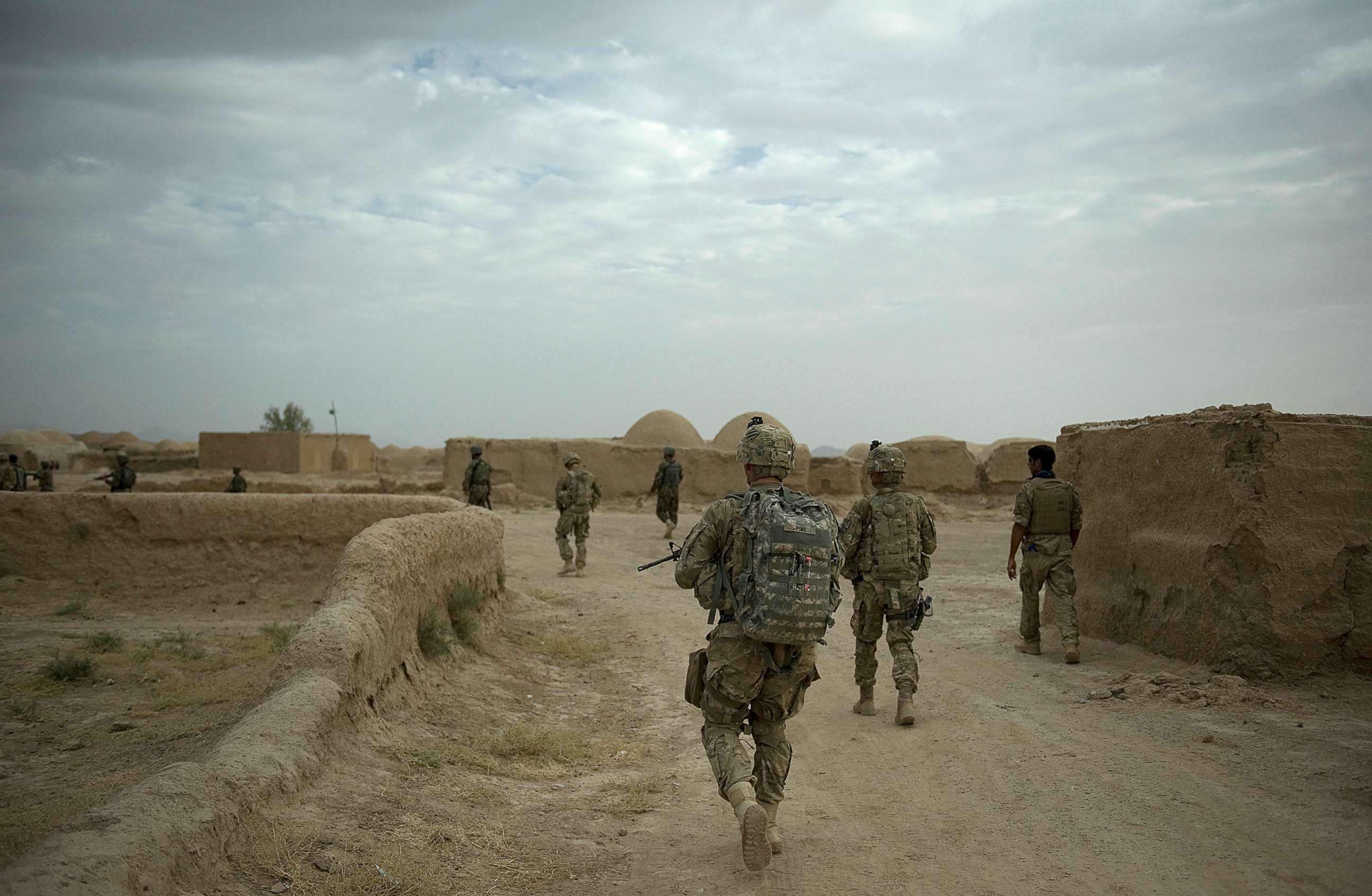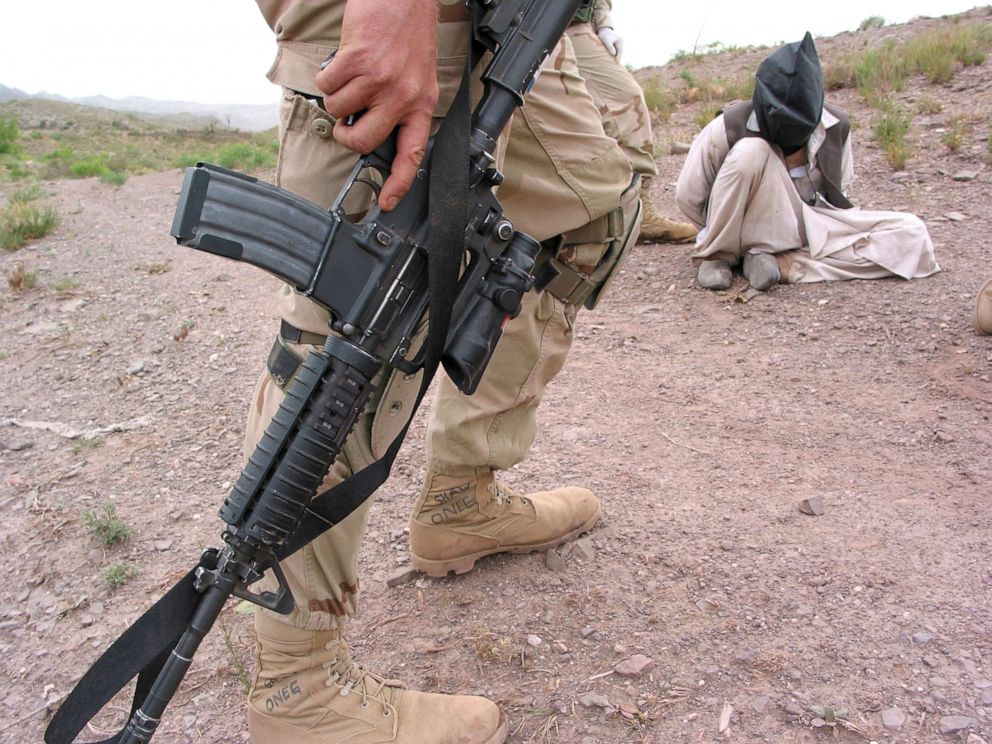From Afghanistan, pity the nation: Reporter's Notebook
ABC News' Ian Pannell has covered Afghanistan since the aftermath of 9/11.
In April 1978, the president of Afghanistan was assassinated in a pro-communist coup. On Christmas Eve a little over a year and a half later, Soviet tanks rolled into Kabul.
The guns have rarely fallen silent ever since, and the bloodshed has not stopped. Hundreds of thousands have died, perhaps millions: Afghans, Russians, Americans, Britons. The list is as long as it is painful -- a reminder of the suffering this country has endured for more than four decades.
Last Friday was the 19th anniversary of the fall of Kabul, when the Taliban succumbed to American military pressure and withdrew from the capital. The morning after the withdrawal, as we walked past rebel lines on the hill overlooking the city, we were met by a growing crowd of wary locals, incredulous at the sight of the unshaven foreigners strolling into downtown Kabul. They were cut off from the outside world, so the silence of the guns and our sudden appearance was confirmation of the rumors that the war in Kabul was finally over.
The Taliban had fled to their heartlands in the south and the darkness of their brutal rule had suddenly lifted. Our small group rapidly grew into a joyous parade as men, women and children came out to celebrate. Beards were shaved, music was played, women threw off their burkas and people danced.

As we know, the celebrations were ultimately short-lived. The war was not completely over. A Taliban offer to surrender was rejected by a U.S. administration seeking vengeance for 9/11, and gradually a military occupation set in and an insurgency was born once again.
But amidst the squandered opportunities, the lives lost and ruined, the billions of dollars wasted and the endemic corruption, we should never forget the progress that has been made. Kabul is a changed city, with modern buildings, better roads, and signs of prosperity. In major Afghan cities, girls go to school and women go to work; some became MPs, police chiefs or elite fighter pilots. It is a country that has a burgeoning middle class, where some dare to dream of a brighter future for their children.
Yet those dreams, those achievements, the progress and sacrifice, now look to be under serious threat.
This year the U.S. government made peace with the Taliban in the hope of finally ending its longest war. A target date of May 2021 has been set for the withdrawal of all American troops. We wait to hear what the Biden administration will do, but we hear there will be a sudden drawdown of troops to 2,500.
Al Qaeda is undoubtedly a shadow of its former self, but ISIS-K is a growing threat and for many Afghans the Taliban remains the real old enemy. Today it appears stronger and more belligerent than at any time since it first seized power in 1996. While it talks peace with America and now the Afghan government in Doha, it pursues a violent strategy on the battlefield. The beleaguered Afghan National Defense Forces are being attacked and slaughtered daily as the Taliban take over ever more territory and civilians die.

Last Friday, while appearing to advocate a pullout, U.S. Acting Defense Secretary Christopher Miller also warned that "we must avoid our past strategic error of failing to see the fight through to the finish."
The fear for many Afghans is that they are witnessing just that, and when U.S. troops pull out, the Taliban will march on the country's major cities and even return to power -- despite its declarations that this is not its objective and that it will now respect the rights of women and be more tolerant.
The war in Afghanistan may have started as a targeted attack on Al Qaeda, but it rapidly became much more than that with ambitions that were ultimately unsustainable. There are no easy solutions, but the risks entailed in a precipitous drawdown or withdrawal are both frightening and very real for Afghanistan and the region. To paraphrase Congressman Charlie Wilson, America risks "messing up the endgame" once more.